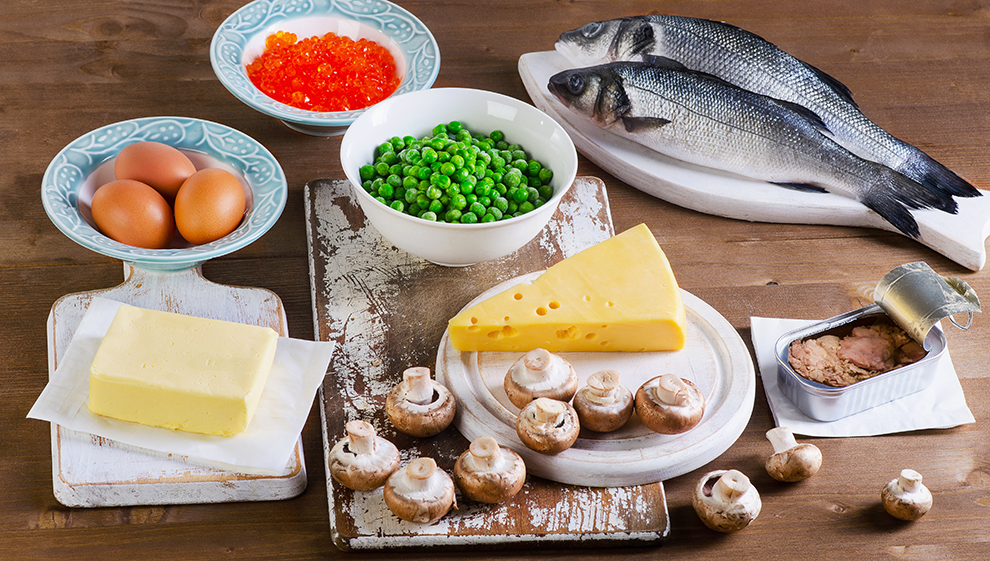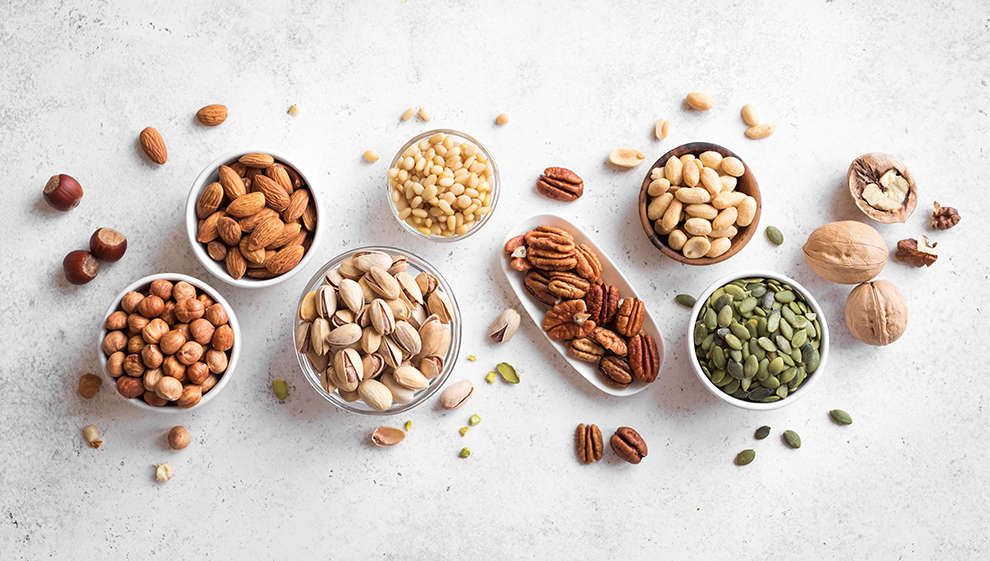Nutrition advice for menopause: how to get the right nutrients, vitamins and minerals
A recent research project conducted by YouGov has revealed that nearly 1 in 4 women report being unable or less able to purchase particular foods (22%) and vitamins (25%) they feel help to alleviate their menopause symptoms due to the recent cost of living squeeze.
The research also highlighted that many are unaware of the impact simple lifestyle changes can make, not only to menopause management but also quality of life and longer-term disease risk. Examples of this include heart health and osteoporosis risk.
The good news is by eating a healthy, balanced and varied diet, alongside exercising, symptoms can be improved. As well getting all of the nutrients, vitamins and minerals to stay healthy, there are particular areas to pay extra attention to.
Support healthy bones

Bone health is important during the menopause as there is a decline in the bone remodelling process caused by the drop in oestrogen. Oestrogen plays an important role in calcium regulation, therefore it becomes more important to have sufficient calcium in the diet.
Vitamin D also helps your body to absorb calcium, therefore these two nutrients are of key importance in peri-menopausal and post-menopausal women. Adults need approximately 700mg of calcium per day and dairy products or fortified dairy alternatives are good options.
Be aware that some plant foods (like rhubarb and spinach) can contain something called oxalates and phytates that bind to calcium and decreases calcium-absorption.
- It is recommended that we need approximately 600 IU of vitamin D per day. This can come from a combination of food sources, sunlight or supplements. Foods containing vitamin D include fortified cereals, oily fish and eggs.
Focus on your heart health

- Eat a diet rich in fruits, vegetables, whole grains, lean meats and good fats (oily fish, olive oil, nuts and seeds)
- Avoid foods high in saturated and trans-fats, sugar and salt. For example processed foods or baked goods such as cakes, biscuits, pastries, sweets and chocolate.
Eat foods containing phytoestrogens
Phytoestrogens are naturally occurring plant compounds that are structurally and functionally similar to oestrogen and therefore may help to manage symptoms linked to lack of oestrogen. Although more research is needed to give more conclusive evidence, eating foods high in phytoestrogens may be beneficial for some menopause symptom sufferers:
- Nuts and seeds: Flaxseeds, sunflower seeds, almonds, walnuts
- Fruits and vegetables: Apples, strawberries, grapes, yams, sprouts
- Grains and legumes: Oats, barley, lentils
- Soy products.
Avoid ‘irritant’ foods
These are trigger foods and drinks that may make symptoms worse, including hot flashes or insomnia:
- Caffeine: Avoid after midday. Caffeine has a long half-life of 5 hours, which means the substance has half the effect 5 hours later. Drinking a cup of coffee at 2pm is the same as drinking half that coffee at 7pm.
- Alcohol: Drink within the recommended guidelines of no more than 14 units per week, spreading this out over 3 or more days to avoid binge drinking. Reducing alcohol is beneficial for sleep and weight management.
- Spicy foods
- Sugary foods.
Last updated Tuesday 7 March 2023
First published on Friday 24 February 2023

